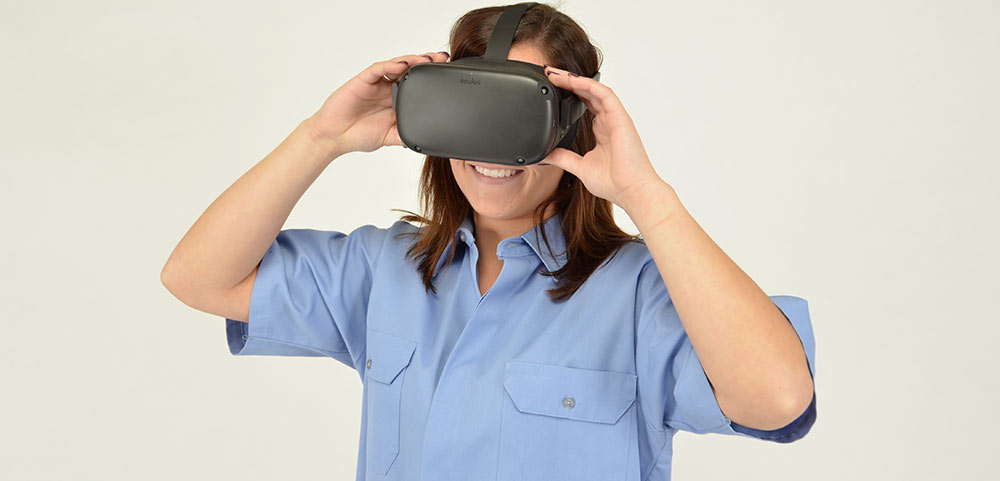When budgets are tight, one of the first areas to be cut is often training.
“We will just get by with what we already have,” is a common excuse used among agencies and educational institutions mitigating budget shortfalls. More often than not, foregoing a large capital expense, such as a simulation mannequin, is tolerable and spares other cuts, such as layoffs. But training isn’t necessarily an area that should be compromised. The COVID-19 pandemic proved there is an indisputable need for rapid response training to the masses – one that could be conducted remotely resulting in skills acquisition and knowledge retention equal to or greater than traditional sim training.
If EMS agencies and educational institutions weren’t already thinking of alterative, remote training models to do adopt, you can bet they are now. A limited supply of skilled EMS and critical care providers is exacerbating the urgent need to train, assess, and certify practitioners efficiently, effectively, and from a distance.
Like it or not, remote training is here to stay, and as one researcher puts it, “the time to rethink the health care education culture imperatively is now.” Nadine Levick, MD, MPH, FACEM, recently released a white paper entitled, “The Future of Skilled Healthcare Education is Immersive Technologies.” An Emergency Physician and clinical researcher with a Masters of Public Health, Dr. Levick has long advocated for emergency care advancement. As a practicing physician in Israel, ranked the world’s fifth most innovative country by the Bloomberg Innovation Index (2019), Dr. Levick has been on the forefront of Virtual Reality (VR) and Augmented Reality (AR) training technologies.
“Money and the value added by efficiency in time or utilization, heavily impacts the adoption and penetration rate of VR use in medical education,” she writes. “However, now there are powerful new drivers; a sudden and massive need to rapidly skill and reskill key segments of the healthcare workforce…”
Additionally, Dr. Levick shares research that proves how VR/AR boosts engagement and knowledge retention, enabling organizations to apply or enforce consistent, measurable standards at scale, especially when in-person training is not practical or safe.
Training applications like VRpatients allows educators to deploy customizable training to students remotely, either online or in full immersive VR. The flexibility for the educator/trainer to easily and intuitively build their own clinical case scenarios, using their own protocols, creates a practical and effective remote training option. With a subscription-based pricing model requiring no major capital purchase, it’s also budget-friendly.
If you’d like more information or assistance with funding options, a VRpatients team member would be happy to speak with you. Contact us today.

